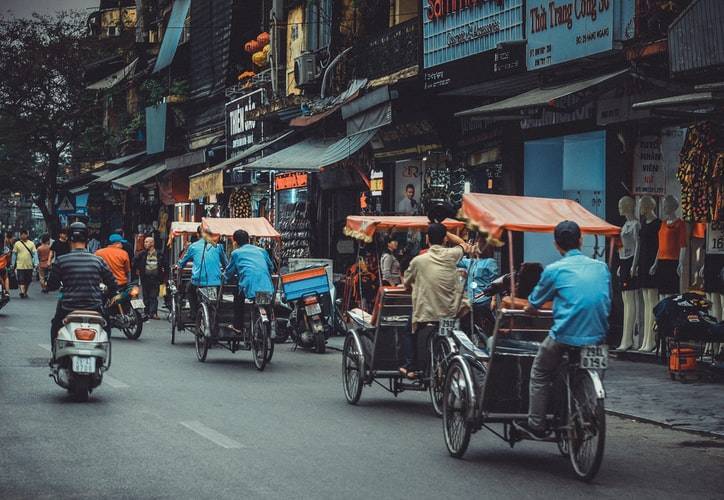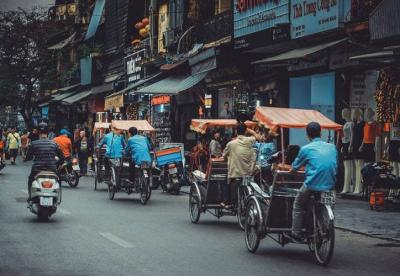A new mutation of the coronavirus with unique characteristics is beginning to make headlines globally. The Vietnamese variant is the latest mutation of the coronavirus, emerging in Vietnam and combining elements from the Indian and British variants. Vietnam had previously reported seven variants, including the Indian and British strains.
Viruses often develop small genetic changes during replication, and new types of the coronavirus have been observed since it was first discovered in China in late 2019. The World Health Organization has classified four "global variants of concern": the original two found in the UK and India, along with variants discovered in South Africa and Brazil.
Since the World Health Organization first reported the disease's emergence in China in late December 2019, the coronavirus has caused 3,524,960 deaths worldwide. More than 169,379,970 people have confirmed infections since the virus appeared. The vast majority of those infected have recovered, although some continue to experience symptoms weeks or even months later.
After successfully containing the virus for most of last year, Vietnam is currently facing a surge in cases since late April, accounting for more than half of the total recorded infections to date, which number 6,713. Vietnam has recorded 47 deaths thus far.
Regarding the new variant, Vietnamese Health Minister Nguyen Thanh Long stated on Saturday that Vietnam has identified a new type of coronavirus that is a mix of the strains first found in India and the UK. Long explained that scientists examined the genetic makeup of the virus affecting some new patients and discovered the new version of the virus. Laboratory tests suggest that it may spread more easily than other strains.
Long mentioned that the new variant could be responsible for the recent outbreak in Vietnam, affecting 30 out of 63 municipalities and provinces in the country. Most of the new infections have been discovered in Bac Ninh and Bac Giang, two provinces filled with industrial zones where hundreds of thousands work in major companies, including Samsung and Canon. Despite strict health regulations, a company in Bac Giang found that 20% of its 4,800 employees were infected with the virus.
In Ho Chi Minh City, the largest city in the country with a population of 9 million, 85 people tested positive after gathering at a Protestant church. The attendees were singing hymns closely together without wearing masks or taking other precautions. Since then, Vietnam has mandated a ban on all religious events nationwide. In major cities, authorities have prohibited large gatherings and closed public parks and non-essential businesses, including clubs and spas.
Thus far, Vietnam has vaccinated one million people with doses of the AstraZeneca vaccine. Last week, it struck a deal with Pfizer to acquire 30 million doses, scheduled for delivery in the third and fourth quarters of this year. Talks are also ongoing with Moderna to secure enough doses to vaccinate 80% of its population of 96 million.




